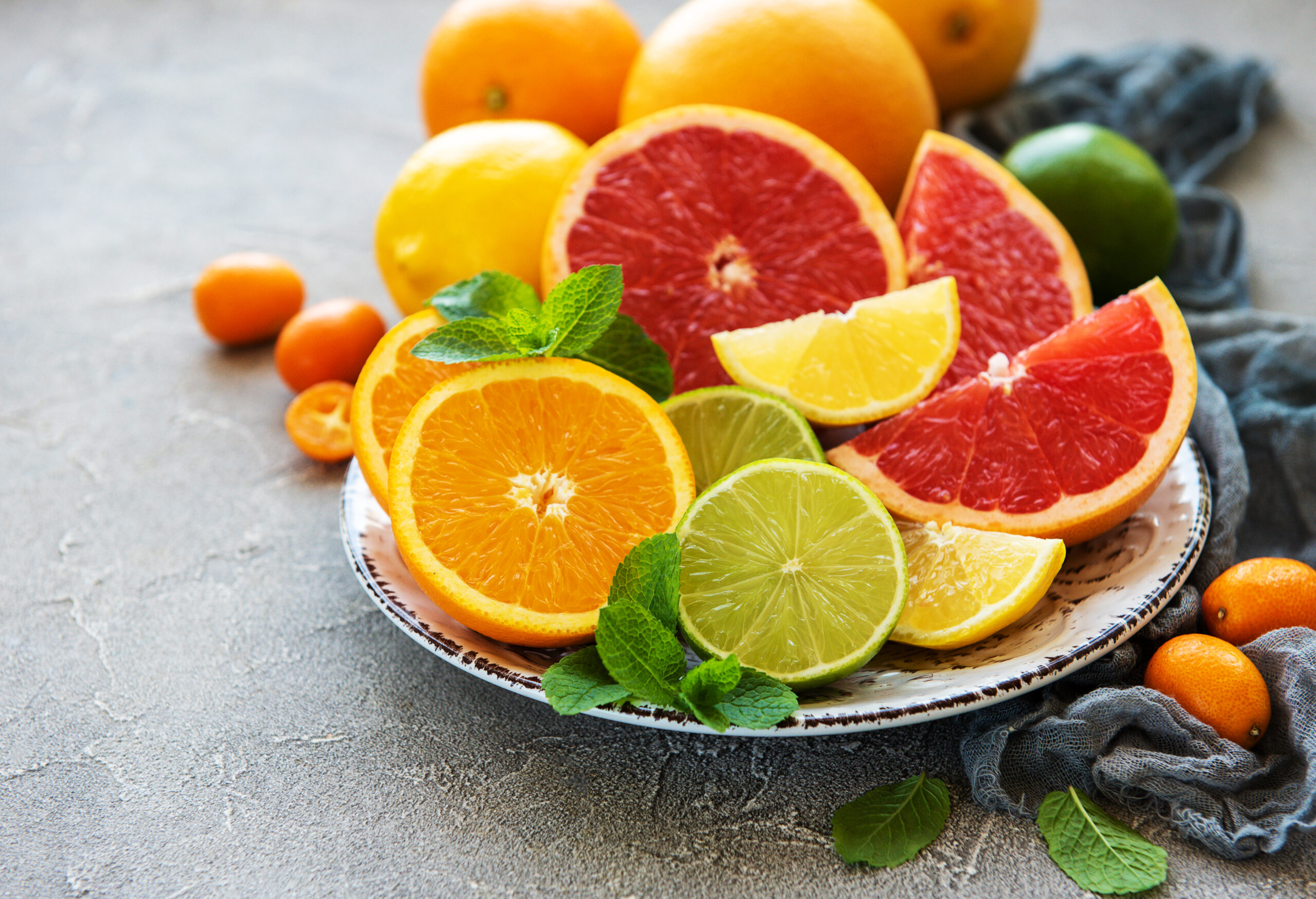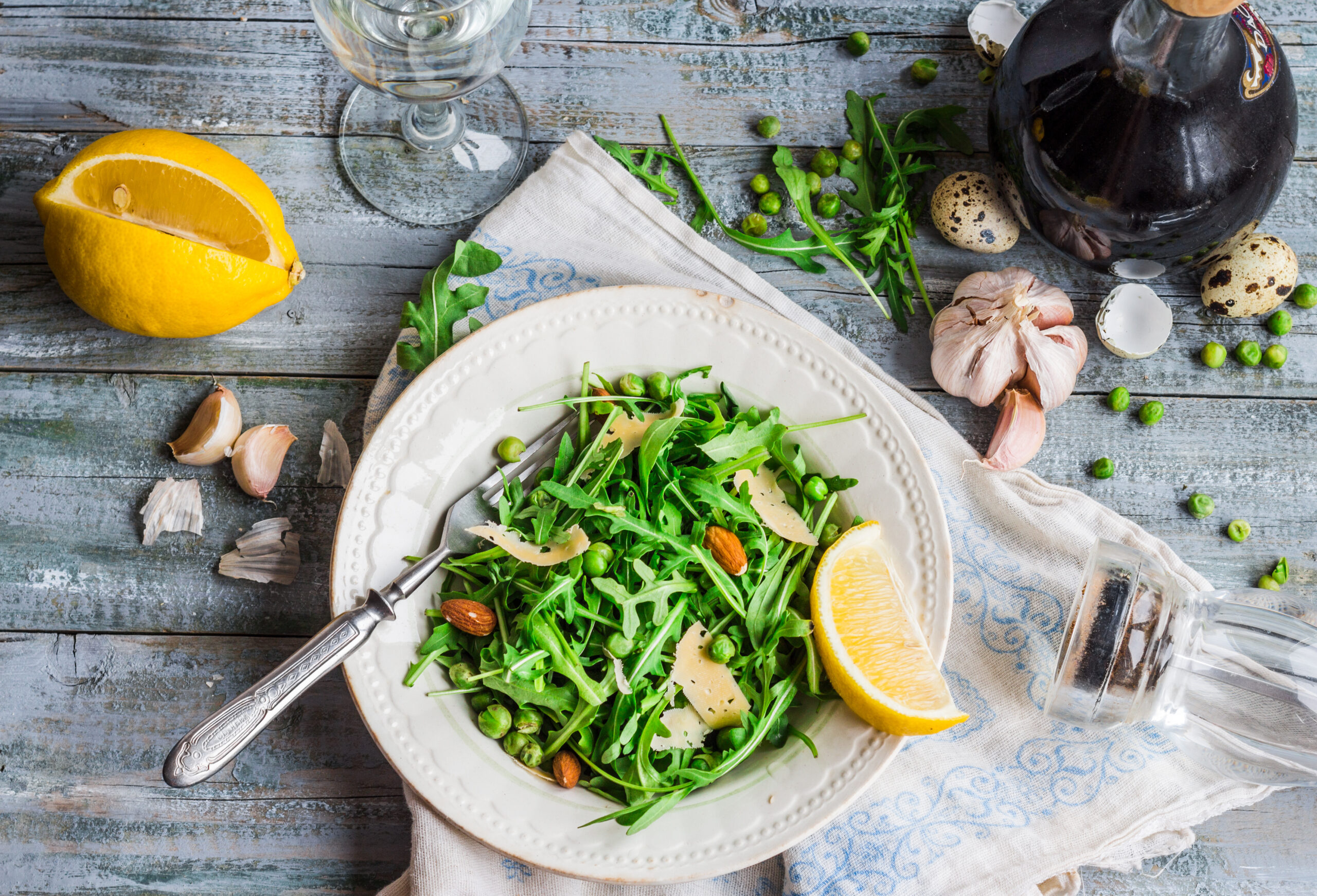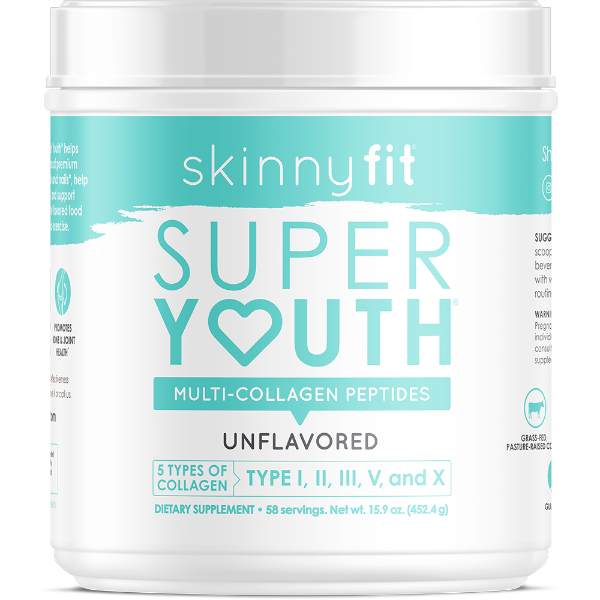By 2023, it’s unlikely you haven’t been flooded with information about the benefits of collagen. What was once strictly known in the food industry, has quickly grown into supplement form, skincare, and more. Collagen powder is powerful, which is why it’s not going out of style any time soon—if ever.
What I want to get into in today’s blog is how you can stack more anti-aging foods into your diet on top of supplements, go over some of the key benefits of collagen, and specifically how to restore collagen in the face.

Collagen Anti-Aging Benefits
Before we get into the benefits of collagen, I want to make sure you understand what it is at a cellular level. Once you know this, the external benefits will mean much more and make more sense.
Collagen is the main structural protein that makes up our skin, cartilage, bone, tendons, muscle, and more. As you can probably tell already, it’s very important to our overall health and appearance. After 30 years old, our collagen production declines, and can even stop altogether at a certain point. So at a foundational level, getting adequate collagen is going to help postpone how quickly we see and feel the effects of aging.
One of the most popular reasons people have started to consume collagen powder is to improve skin elasticity. As we age, our skin sags and wrinkles. This is because our collagen production has slowed. By supplementing with collagen, we can help reduce the rate at which our skin ages, and keep our face looking and feeling lifted and bouncy.
Another great reason to consume collagen powder is for joint mobility. Another part of aging people can experience is aches and pains. Remember, collagen is one of the building blocks of our tendons and ligaments, so it can potentially help reduce some discomfort and pain by supporting the joints.
Lastly, collagen has also been shown to help improve gut health by improving the lining of our gut. This can help improve digestion, reduce bloat, support regularity, and more. As you can see, there are so many different body systems that benefit from healthy amounts of collagen.

Stock Up On These Collagen-Promoting Foods & Say Hello To Youthful Skin
Aside from consuming hydrolyzed collagen powder, there are so many different foods that can help the body produce more collagen. Here are my top five:
1. Bone broth
Out of all of the anti-aging foods, collagen-rich bone broth has to be my favorite. It’s such an incredible source of the amino acids that make collagen so powerful, and in my opinion, so tasty. I prefer chicken bone broth when sipping on it, but I like beef when cooking with it. It’s a great drink to start your day with because of the protein and gut-healing benefits. Bone broth also contains glycine, which is an incredible antioxidant. This addition can help calm inflammation in the body. [1] No matter how or when you consume bone broth, it’s an incredible source of collagen for the body.
2. Citrus
It sounds strange to list citrus after bone broth—two seemingly very different foods. However, they’re both equally important. Vitamin C is useful in the collagen production process because it helps provide some of the “ingredients” to make collagen in the body. Citrus fruits, like oranges and kiwi, along with bell peppers and strawberries all contain high levels of vitamin C. Eating these on a regular basis can help promote collagen production.

3. Leafy Greens
Like citrus, leafy greens provide more of the essential nutrients required to support the collagen production process, such as zinc and copper. Leafy greens are very easy to incorporate into your diet as there are so many ways to enjoy them. Kale can be added to smoothies or made into chips. Microgreens can be added to salads and sandwiches. Cabbage and collard greens can be cooked into a sauce, and spinach can be enjoyed as the base of a salad. There’s no excuse not to include leafy greens into your rotation of meals and snacks!
4. Garlic
You don’t need to start eating whole garlic cloves, but adding it to dishes for collagen support is a great idea. This delightfully aromatic herb is high in sulfur, which can help synthesize and prevent the breakdown of collagen. Keep in mind that not all of these collagen supporting foods are equally impactful. A mug full of collagen-rich bone broth will be much more effective than a clove of garlic cooked in your dinner. The more garlic you consume, the higher your likelihood of the sulfur content making an impact on your body’s collagen.
5. Beans
Many vegetarians turn to beans as a source of protein, and they’re not wrong. Beans contain many of the amino acids necessary for successful collagen production. In addition, beans contain copper, which we know can help support our body’s collagen production process. Beans make a great topping on bowls and salads, they’re delicious in soups, and they can even be hidden in vegan and vegetarian burgers.

Mentioned In This Post
SkinnyFit Unflavored Collagen
Look and feel younger with Super Youth Multi-Collagen Peptides! This versatile collagen powder includes 5 collagen types from 4 natural sources to restore youthfulness from the inside out.
